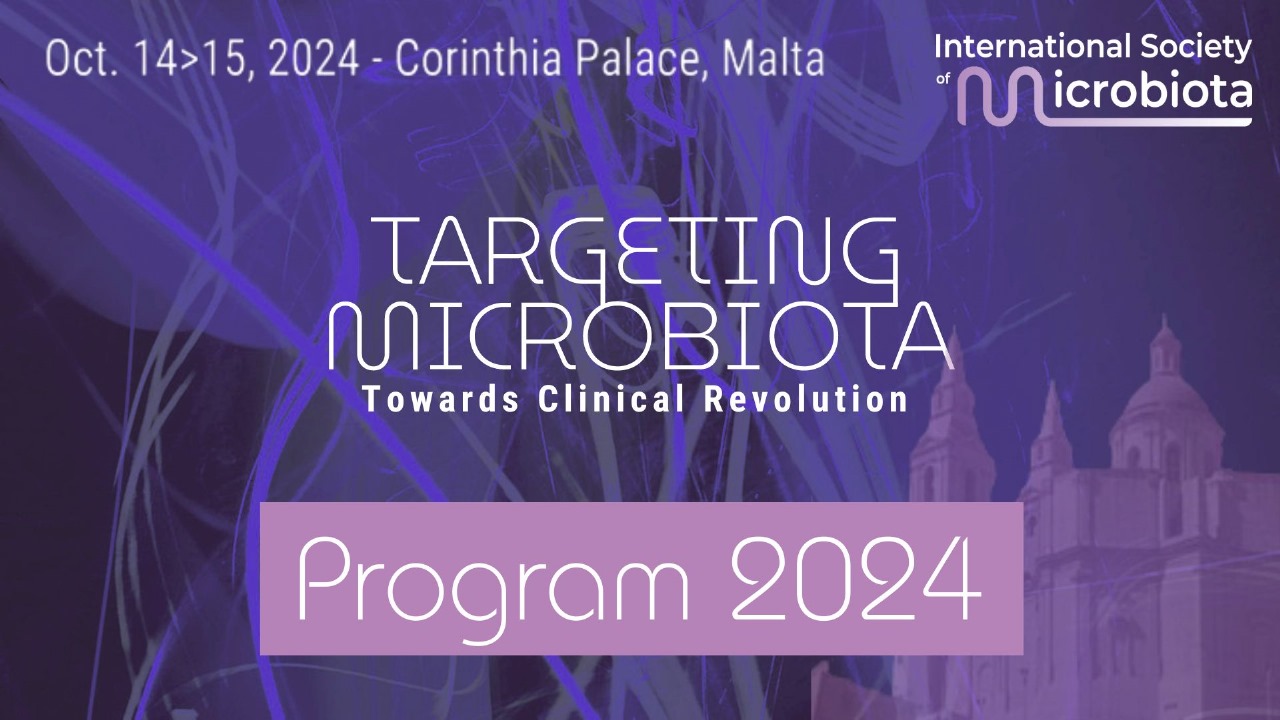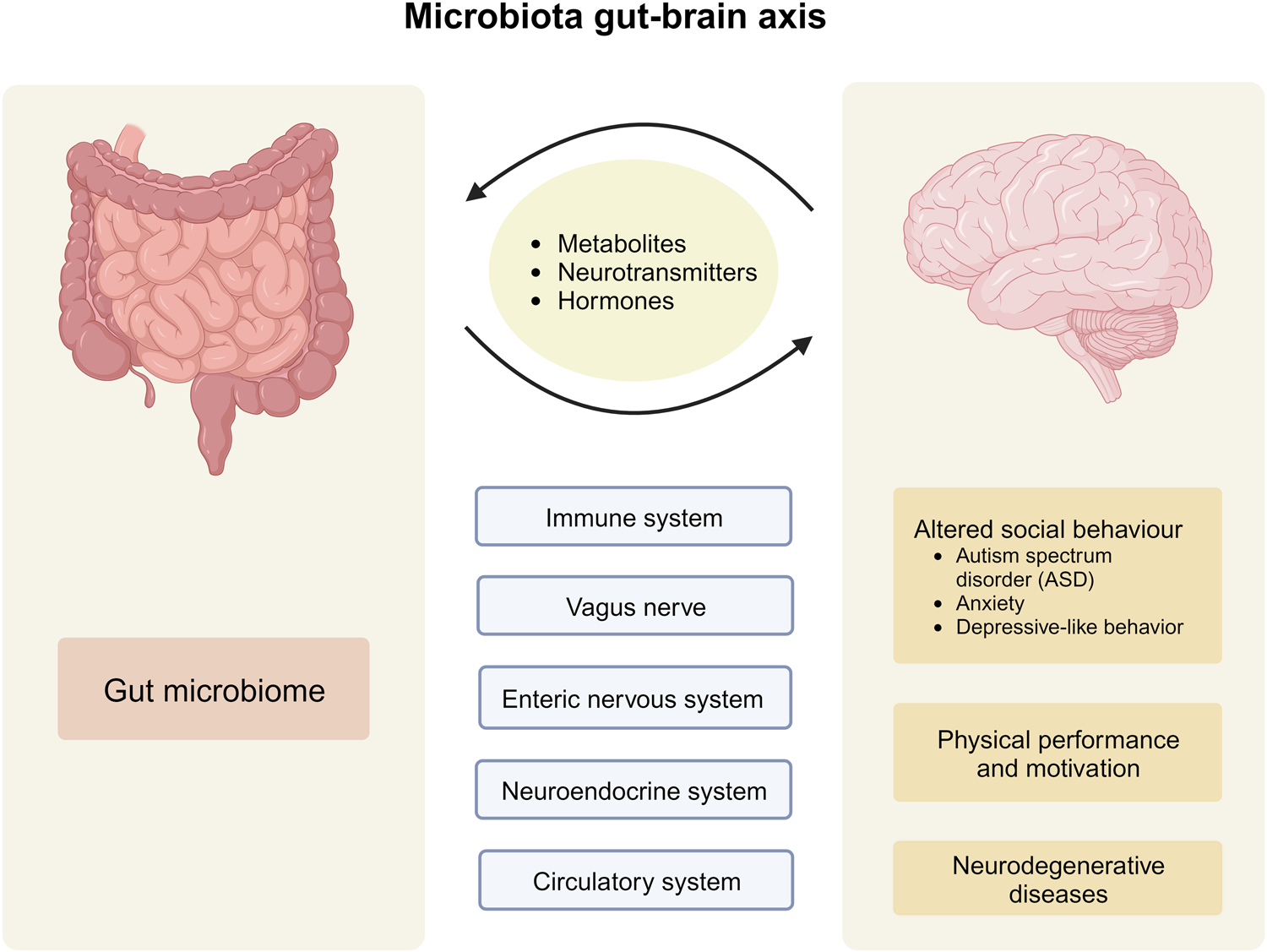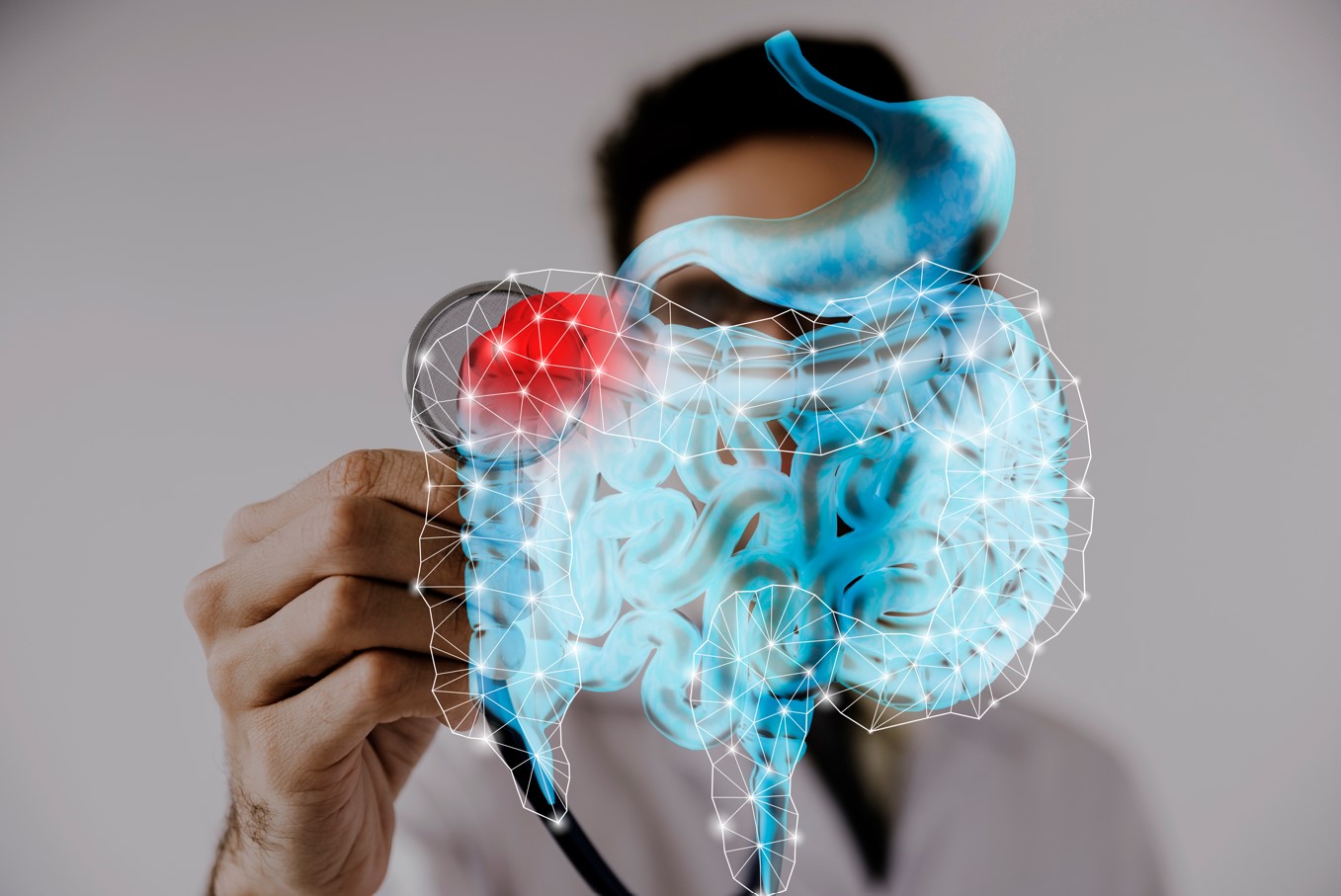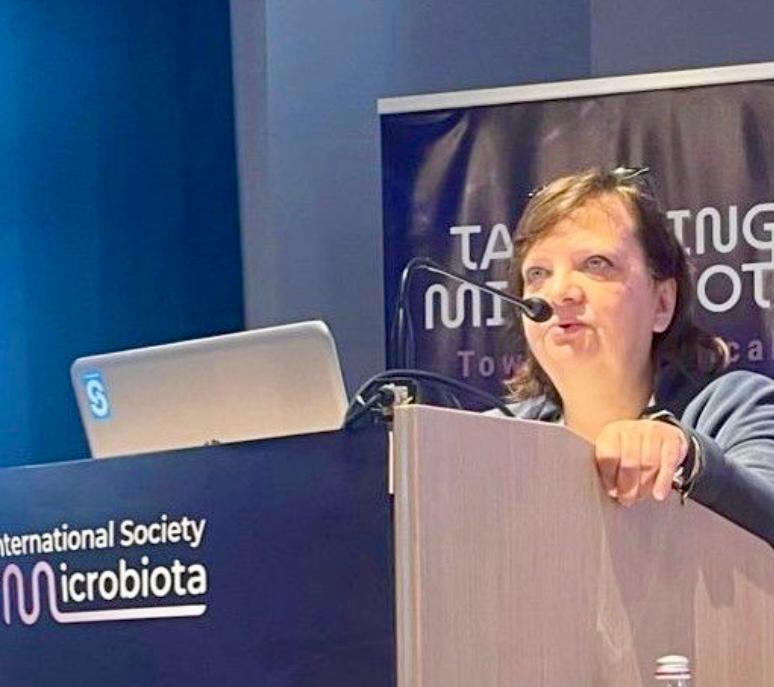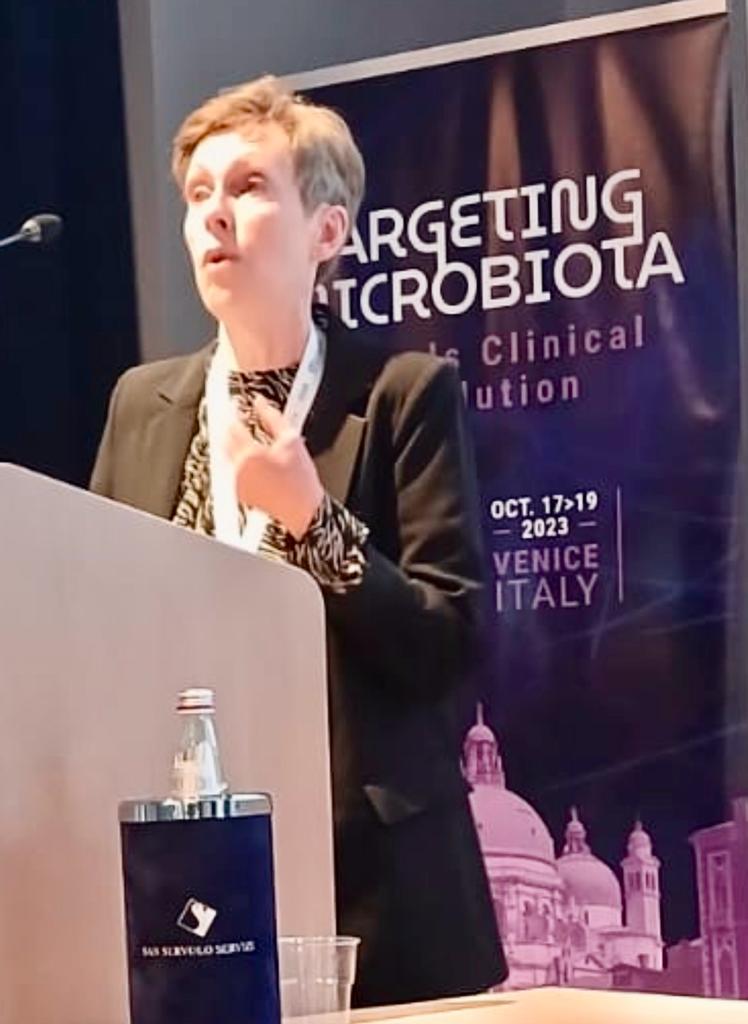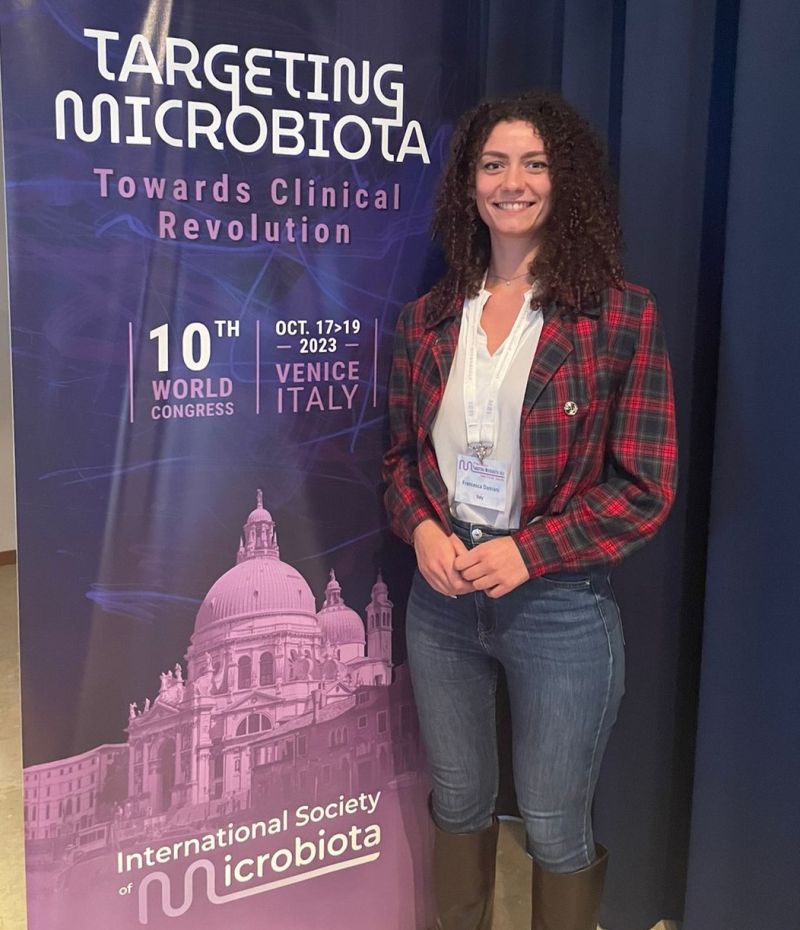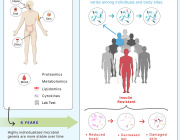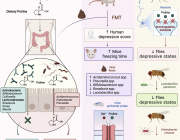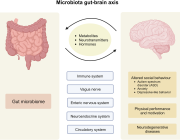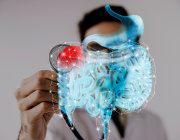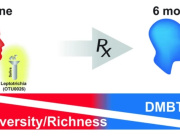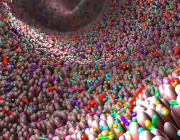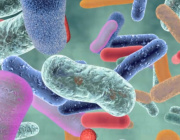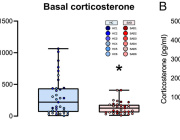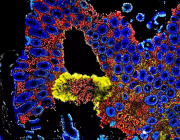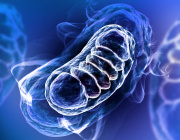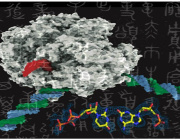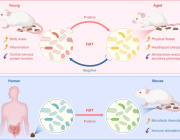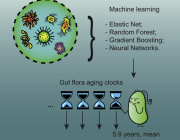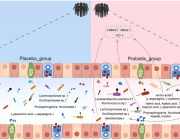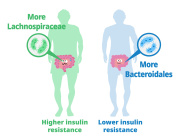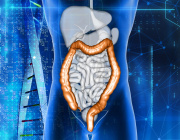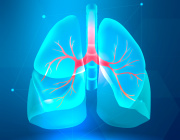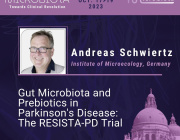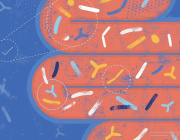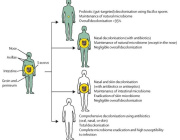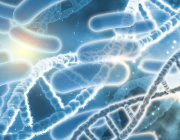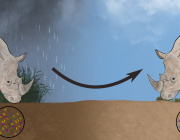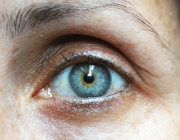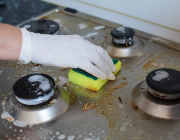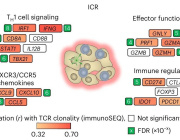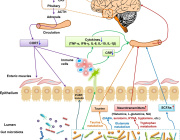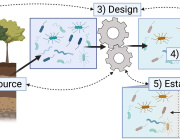Baby poop may be source of beneficial probiotics
 Credit: CC0 Public Domain
Credit: CC0 Public Domain
Probiotics seem to be everywhere these days—in yogurt, pickles, bread, even dog food. But there's one place that may surprise you: There are probiotics in dirty diapers.
Yes, that's right—baby poop.
Scientists at Wake Forest School of Medicine have developed a probiotic "cocktail" derived from gut bacteria strains found in infant feces that may help increase the body's ability to produce short-chain fatty acids (SCFAs).
Why is that important?
"Short-chain fatty acids are a key component of good gut health," said the study's lead investigator, Hariom Yadav, Ph.D., assistant professor of molecular medicine at Wake Forest School of Medicine. "People with diabetes, obesity, autoimmune disorders and cancers frequently have fewer short-chain fatty acids. Increasing them may be helpful in maintaining or even restoring a normal gut environment, and hopefully, improving health."
The study findings are reported in the Aug. 23 online edition of Scientific Reports, a Nature publication.
Over the past decade, research has shown that specific probiotic strains can effectively prevent or treat certain diseases in both animal models and humans. These reports have led to an extensive demand for probiotic supplements over the last decade, thereby prompting a massive increase in the development of new probiotic products for the consumer market.
However, these studies have primarily been conducted in animal models or human subjects with underlying diseases or conditions, Yadav said. Scientific reports on the effects of probiotics in healthy, disease-free subjects have remained relatively limited and inconsistent.
The School of Medicine team designed the study to examine the effects of probiotic strains derived from healthy human fecal samples and to determine how they worked.
"Babies are usually pretty healthy and clearly do not suffer from age-related diseases, such as diabetes and cancer," Yadav said. "And, of course, their poop is readily available."
In the study, Yadav's team collected fecal samples from the diapers of 34 healthy infants. After following a robust protocol of isolation, characterization and safety validation of infant gut-origin Lactobacillus and Enterococcus strains with probiotic attributes, the researchers selected the 10 best out of the 321 analyzed.
To test the ability of these human-origin probiotics to change the gut microbiome—bacteria that live inside the digestive track—and their capacity to produce SCFAs, mice were given a single dose, as well as five consecutive doses of this 10-strain probiotic cocktail. Then the researchers injected the same probiotic mixture in the same doses into a human feces medium.
The scientists found that the single- and five-dose feeding of these selected probiotics modulated the gut microbiome and enhanced the production of SCFAs in mouse gut and human feces.
"This work provides evidence that these human-origin probiotics could be exploited as biotherapeutic regimens for human diseases associated with gut microbiome imbalance and decreased SCFA production in the gut," Yadav said. "Our data should be useful for future studies aimed at investigating the influence of probiotics on human microbiome, metabolism and associated diseases."
The study was limited in that it didn't test the probiotic mixture in any disease models.
News source: www.medicalxpress.com
More information: Ravinder Nagpal et al. Human-origin probiotic cocktail increases short-chain fatty acid production via modulation of mice and human gut microbiome, Scientific Reports (2018). DOI: 10.1038/s41598-018-30114-4 , www.nature.com/articles/s41598-018-30114-4









